Vitamin C. Elderberry. Zinc.
You’ve probably heard of these nutritional rockstars for immune support before. Vitamin C is a potent antioxidant, elderberry provides herbal support, and zinc is a trace mineral.
However, there’s one powerful compound that you may have overlooked for its immune benefits and more, and that’s glutathione. Glutathione is also involved in many other functions, from detoxifying the body, to building and repairing tissues, and promoting skin health, brain health, and more.
What is glutathione?
Glutathione is a water-soluble antioxidant made out of three amino acids: glycine, cysteine, and glutamic acid. It is available in many foods and is also made by the body.
What does glutathione do?
Your body works to defend itself from cell-damaging free radicals every day. These are unstable atoms that accelerate aging, damage cells, and even compromise health – causing skin issues, sluggish systems, and more.
Glutathione is found inside nearly every cell in your body. Produced by the liver, it’s involved in metabolic reactions that impact every system. Most notably glutathione plays a role in the immune system, nervous system, and gastrointestinal system. It’s a powerhouse that works to defend the body and its systems from harmful free radicals.
Let’s look a little deeper at how glutathione impacts health, wellness, and vitality.
Detoxification
Research shows glutathione is critical for maintaining good health – however, blood glutathione levels tend to decrease with age. This is an issue because glutathione helps neutralize toxic chemicals and is directly involved with detoxification.1 Furthermore, glutathione helps recycle other antioxidants, such as vitamins C and E.1
Brain health
In the brain, reduced glutathione function has been linked to neurological issues and age-related cognitive decline.2 Studies have linked glutathione depletion in specific parts of the brain to cognitive impairment – especially when compared to healthy people.3
Sleep health
Getting adequate sleep is critical for good health. Studies have shown that people with higher levels of glutathione sleep better and wake up feeling refreshed. Furthermore, other studies have demonstrated that sleep deprivation can lead to lower levels of glutathione – after just one night! Plus, while you sleep your body is performing essential detoxification functions. Glutathione helps the body with detoxification while sleeping.
Skin health
Since glutathione helps the body recycle vitamin C, it contributes to skin health. Vitamin C is essential for collagen production. Collagen is the most abundant structural protein in the body that helps with skin elasticity, strength, and a plump and youthful experience.
Healthy aging
Maintaining healthy glutathione levels is beneficial throughout a lifetime. Unfortunately, we produce less glutathione with age. In one study inside an elderly community, people in better physical health also had higher levels of glutathione.5 This included less illness and an improved self-health report score. In addition, depleted glutathione was associated with an increased cell damage and cell death, which can compromise immune health.
Do I need glutathione?
Now that you know about the benefits of glutathione and what it does in your body, you might be wondering if you need the master antioxidant in your life. So who should supplement with glutathione? This antioxidant is beneficial for people of all ages whether you are healthy right now or have aspects of your wellness to work on. However, there are some people who may specifically benefit from glutathione supplementation.
You may benefit from glutathione supplements if:
- You want to improve your daily health and well-being
- You are an older adult and want to make sure you are getting the nutrients you need
- You want to support healthy detoxification in your body
- You are exposed to toxins on a regular basis, at work or in a crowded city
- You are concerned about specific genetic/hereditary health issues
How to increase glutathione levels
Want to increase glutathione levels? The best place to start is with your diet. Spinach, okra, asparagus, and avocado are all sources of glutathione. In addition, foods high in sulfur help the body make glutathione. This includes garlic and onions, plus cruciferous vegetables like broccoli and cauliflower.
Eating foods that have large amounts of antioxidants also helps, especially vitamins C and E. Selenium also encourages glutathione production. Eating one Brazil nut daily contains the daily recommended value of this essential trace mineral.
Other lifestyle factors that impact glutathione production include exercise and stress reduction. When you have too much stress in your life, it can impact glutathione levels and even lessen them. Be sure to minimize stress daily if you can. In addition, make time for movement in your life. Even just 30 minutes of exercise per day can be beneficial. Go for a walk, practice yoga, or do your favorite workout.
Supplements can also help you increase glutathione levels and they are convenient. However, there is one supplemental form of glutathione that is superior to taking it in pill form – and that’s liposomal glutathione. You can find Liposomal Glutathione here.
Increase levels with liposomal glutathione
In pill form, glutathione is not absorbed very well because it is broken down by digestive enzymes. Supplementing with liposomal glutathione can help. Liposomal glutathione transports nutrients inside of “bubbles.” These double-layered bubbles are designed to protect the nutrient from harsh digestive elements. This technology ensures glutathione gets where it needs to go, helping to improve healthy levels in cells. As a result, liposomal glutathione is a more bioavailable formula, so you can get the antioxidant support you need.*
One final note
Glutathione supplements can be a useful addition to your routine if you want to maintain good health and wellness. However before taking any supplement, it is important to discuss it with a healthcare practitioner that you trust.
References:
https://www.ncbi.nlm.nih.gov/pmc/articles/PMC4684116/https://www.ncbi.nlm.nih.gov/pmc/articles/PMC8746815/
https://content.iospress.com/articles/journal-of-alzheimers-disease/jad181054
https://www.ncbi.nlm.nih.gov/pmc/articles/PMC5524320/
https://pubmed.ncbi.nlm.nih.gov/12217624/
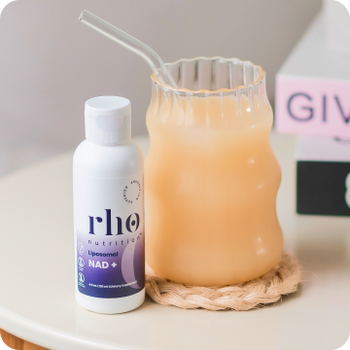

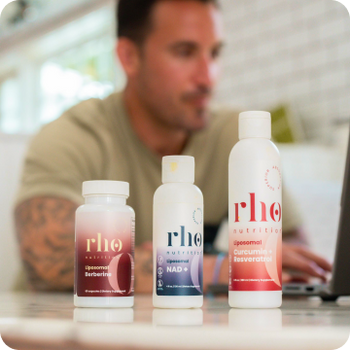
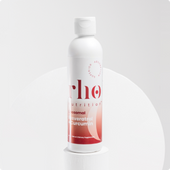
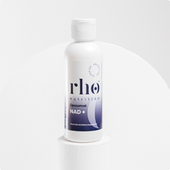
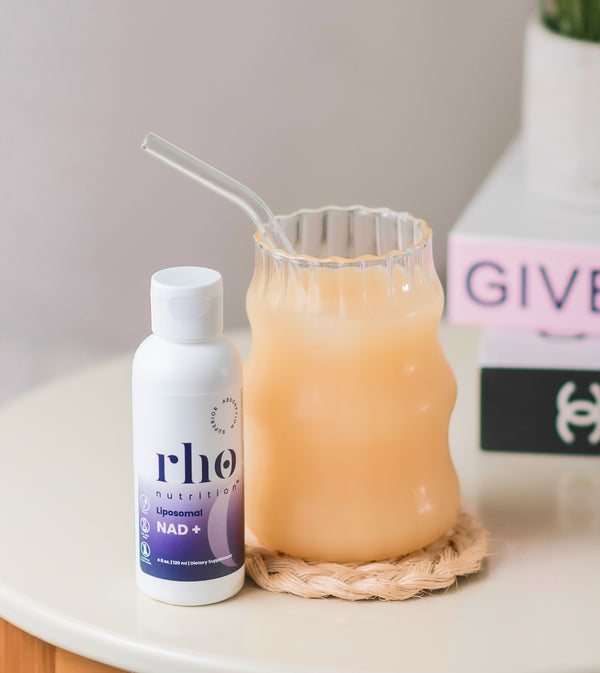

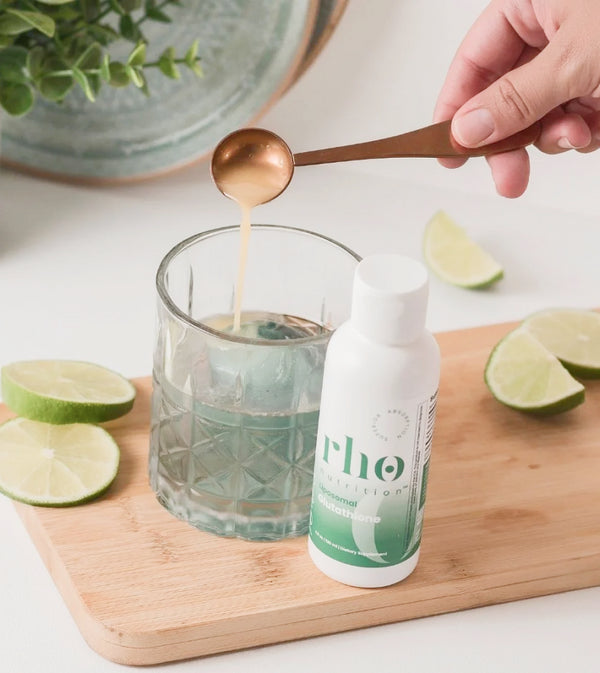
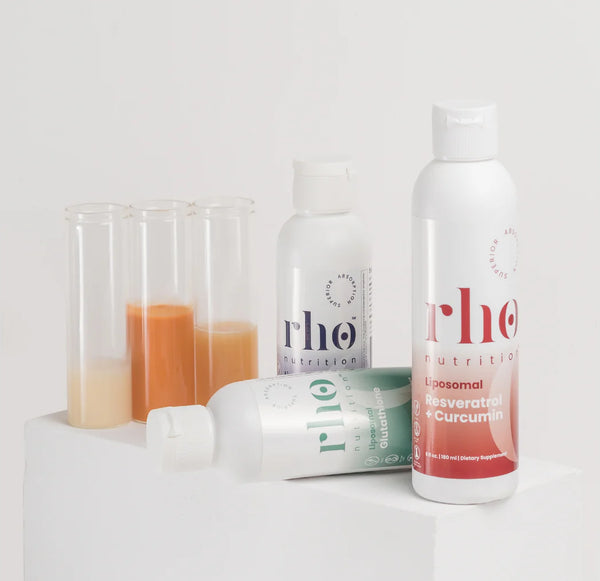




Leave a comment